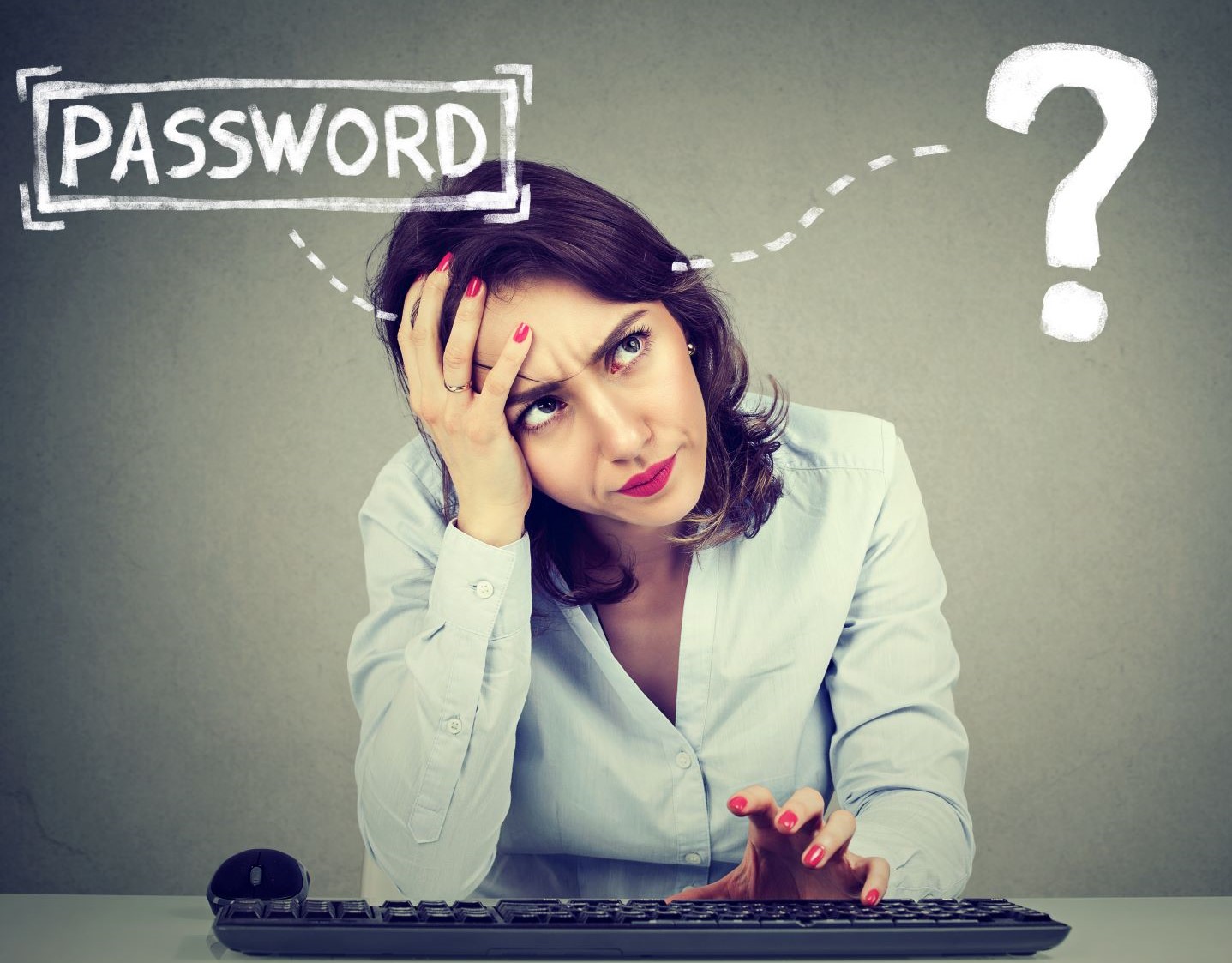As technology embeds itself in our personal lives as well as the working environment, we use an increasing number of passwords. It is becoming ever more challenging to keep on top of the different passwords that we use on a daily basis. Do you struggle to manage the number of passwords that you use every day?
Think about the different email addresses you may use – at work and at home; all the apps you use on your smartphone; social media accounts; online shopping; TV, music and other subscription sites that you rely on; smart home applications: And then there are all the online tools that you use at work. All of these and more require password access. You may not need to enter a password every time you use these devices and applications, but you need to remember them. This is why so many people simply use the same password for multiple accounts. According to authentication specialist Youbico, more than 50% of people reuse passwords across business and personal accounts. And 69% share passwords to access accounts. Over half of UK companies reported a cyber attack in the last year, – and that’s just the incidents they are aware of. With this figure in mind, we need to tighten up our password management.
It’s clear that passwords no longer offer the protection they were originally intended to provide, and password management is becoming a serious headache for companies. Youbico’s report reveals that on average, 10.9 hours per person per year is spent on entering and resetting passwords. Which they estimate equates to over $5m a year. If you get a report from your IT service provider on the support tickets that your staff have raised every month, just have a look to see how many calls are made to reset passwords. You don’t need to be a maths genius to work out the cost to your business of password management. We estimate that over 10% of calls to our support desk relate to password issues.
What’s the alternative?
The good news is that in future, we may no longer have to remember or reuse multiple passwords. Microsoft has recognised that passwords are becoming increasingly redundant when it announced its plans for Windows to become a “passwordless platform“.
We will still have to protect our various accounts and devices against cyber intrusion, and there are different options. Multi-factor authentication (MFA) is a growing area and there are many options – from hardware tokens to authentication apps. Biometrics are also being adopted by many organisations, particularly as Apple has introduced fingerprint and facial recognition features on the latest iPhone models. Banks, in particular, have been looking at options to protect accounts using fingerprint, voice pattern and facial recognition.
The way forward
Passwords have had their day and staff will no longer have to remember an endless list of passwords – or change them on a regular basis. The future lies in multi-factor authentication. The challenge will be to manage the multiplicity of authentication platforms. If you adopt MFA, you need to guard against having too many tokens and multiple applications which could confuse your staff. Authentication needs to be intuitive, easy to use as well as safe. We advise our clients on access management and develop strategies to combine security with ease of use across multiple platforms. For more information on how to implement secure access and authentication strategies, contact us.

